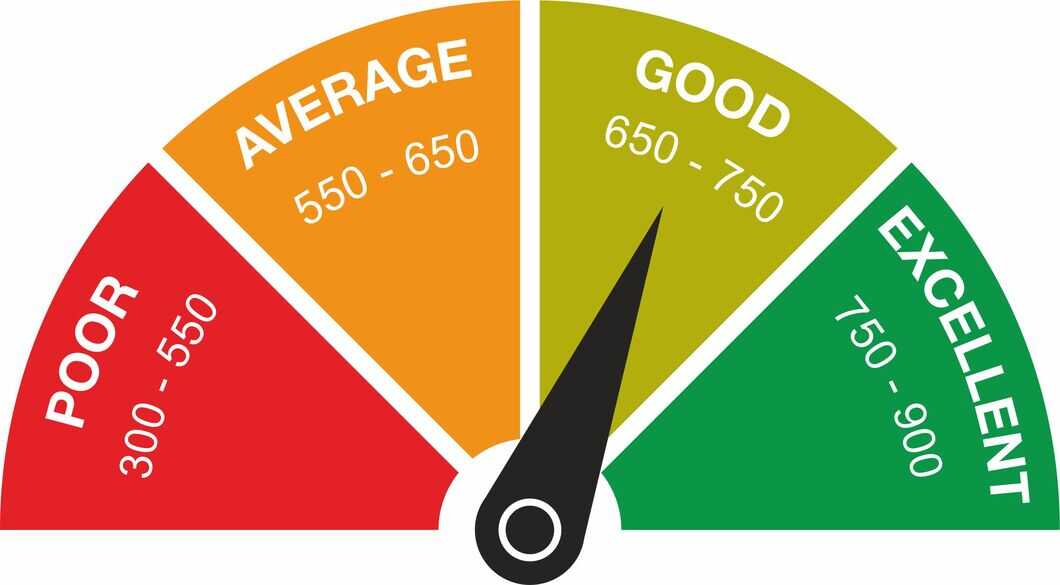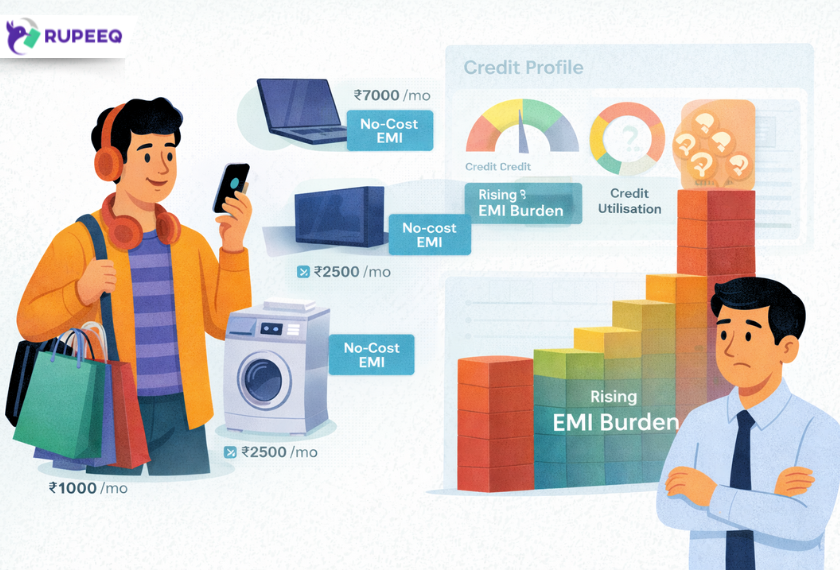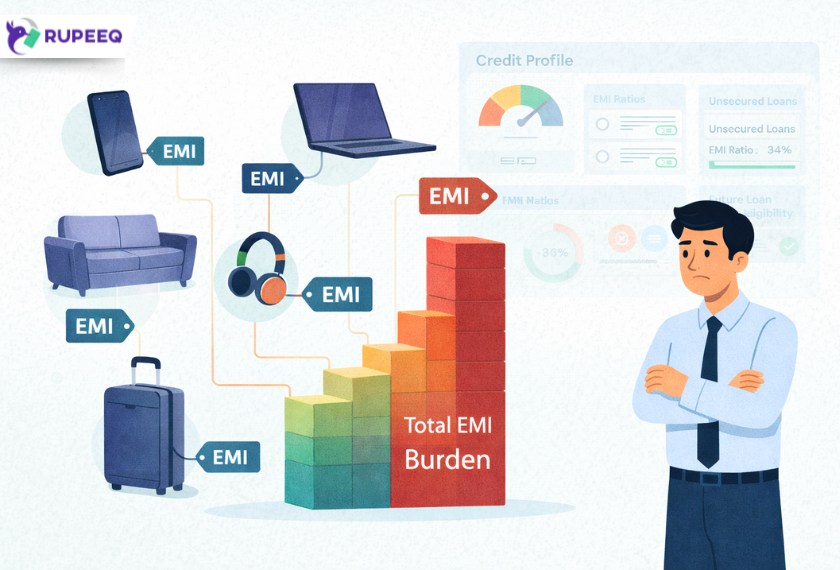A credit score is one of the most important aspects of your financial health. Securing a loan or a credit card would require your credit score to play out your financial credibility. Let’s first explain what a credit score is and why it’s so important.
What is a Credit Score and Why is it Important?
A credit score is nothing but a three-digit number, usually ranging between 300 and 900 in India. It actually signifies the creditworthiness of an individual towards his or her lenders. The higher your score, the better you appear before lenders.
- Loan Approvals and Interest Rate: A Bank uses your score to see whether you will qualify for a loan or credit card. With a higher score, your loan or credit card gets cleared faster, and the interest rate is relatively lesser.
- Financial Responsibility: A good Credit Score conveys the lender that a person having good credit score takes care of his finances and has paid bills on time, with minimal over-usage of credit while availing it.
- Effect on Financial Goals: Poor credit score would imply a limitation in financial products such as loans or credit cards; it could also command higher prices in terms of interest or fees.
Having covered the most fundamental stages above, let’s dive into some actionable tips to help you enhance that credit score for yourself.
Tips to Improve Your Credit Score
Enhancing your credit score is essential for securing better financial products and terms. By adopting a few key strategies, you can steadily improve your score over time. Whether it’s managing your credit responsibly, ensuring timely payments, or monitoring your credit report regularly, each step plays a vital role in boosting your credit health. Let’s dive into some actionable tips to help you achieve and maintain a strong credit score.
Pay Your Bills on Time
Probably one of the most important determinants that define your credit score is making timely payments. Single late payments can adversely affect your score. So, it is always better to set reminders or even make use of automated payments so that one never misses these dates.
Example: If your monthly credit card bill is due on the 10th, so in that case, you can make an automated debit from the bank on 8th which means a confirmed chance that there would be no delay in payment.
Low Credit Utilization
Credit utilization refers to the amount of credit you have used against your total credit limit. Ideally, one should utilize 30% or less of his overall credit. For example if your credit card limit is ₹1,00,000, you need to keep your spending under ₹30,000.
RupeeQ Pro Tip: Should you routinely exceed this amount from month to month due to improper spending habits, apply for an increase in credit limit from your bank. This keeps utilization low even if you continue to spend the same amount.
Minimize Multiple Credit Inquiries
Every time you apply for a loan or credit card, the lender runs a hard inquiry on your credit report that lowers your score temporarily. Also, do not obtain too many financial products at once; multiple inquiries may lead lenders to believe you are financially distressed.
Example: If you plan to take or apply personal loan, then search and compare various offers available online without formally applying to all these lenders. RupeeQ will ensure that you find the perfect loan without even affecting your credit score.
Credit Report Check
Erroneous loan accounts and payment statuses may also drop your credit score. You have to identify such mistakes and correct them in time by regularly checking your credit report.
RupeeQ Pro Tip: Monitor your credit score through RupeeQ’s Free Credit Score Check feature. In case of discrepancies, immediately write to the credit bureau requesting a correction.
Diversify Your Credit Mix
A healthy balance of credit types, such as a mix of revolving credit (credit cards) and installment loans (personal loans, home loans), can positively affect your score. Lenders see this as a sign that you can manage different types of credit responsibly.
Example: If you have only a credit card as a credit usage option, consider applying for small personal loans, which diversify your credit portfolio and make greater influence over time.
Maintain Old Credit Cards
Another factor that determines how long you have been managing your credit is the age of your credit history. Keeping old credit cards active by using every few months or so generates your longest credit history, possibly improving your score.
RupeeQ Pro Tip: If you have an old credit card that carries no annual fee, keep the account open and use it a couple times a month. Active accounts push up the average age of your credit accounts, which in general, lenders like.
Pay Off Debts
Outstanding loans and outstanding credit card balances can really “kill” your credit score. So ensure you pay off loans or balances on credit cards as soon as possible. This will also reflect responsible spending to lenders.
RupeeQ Pro Tip: If you cannot pay off big balances right away, transfer them to a low-interest loan or consolidate them using balance transfer from the banks offering various packages.
Summarizing about Tips to Improve Credit Score
Improving your credit score does not occur overnight, but these steps will allow you to realize progress after some time. Monitoring it, having responsible financial behaviors, and strategic use of credit products will ensure your score is high enough to give you more favorable financial opportunities. For regular updates on your credit score and personalized financial advice, make sure to explore RupeeQ’s suite of services, including Free Credit Score Checks and tailored loan offers.







